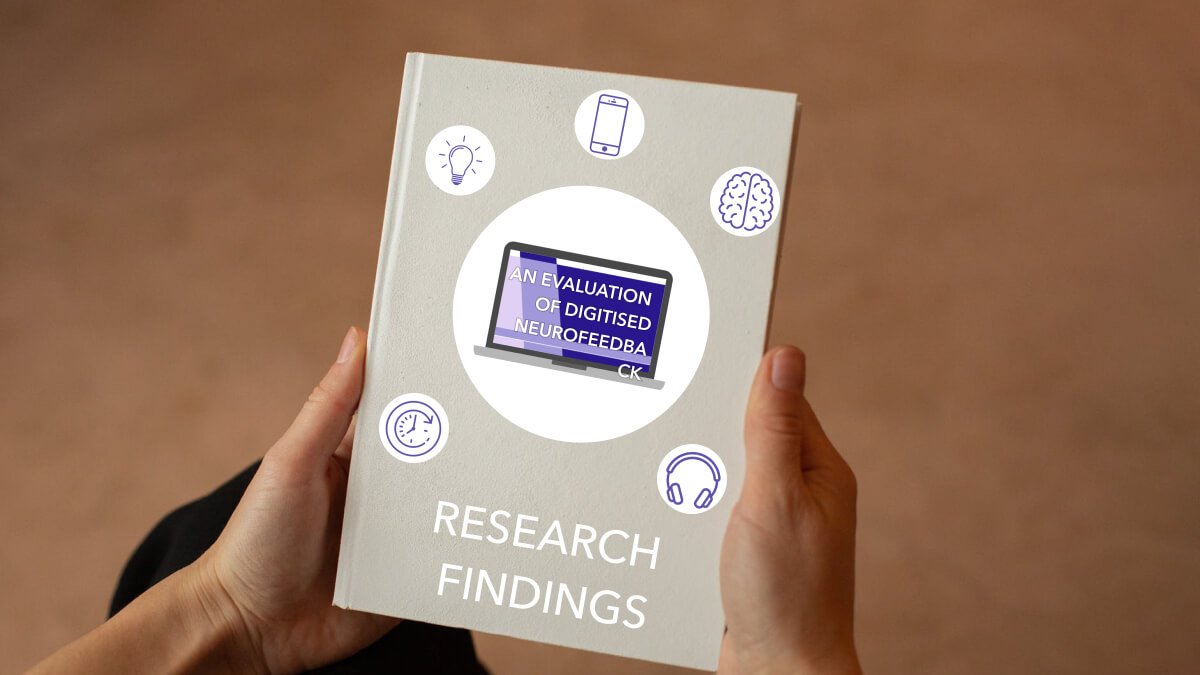Antidepressant withdrawal should be taken seriously – we’re investigating ways to help people come off the pills
Understanding how best to apply digitised Neurofeedback to medication withdrawal presents a novel and innovative application of the technology to reduce the risk for patients who are have been taking medication for a long time.






